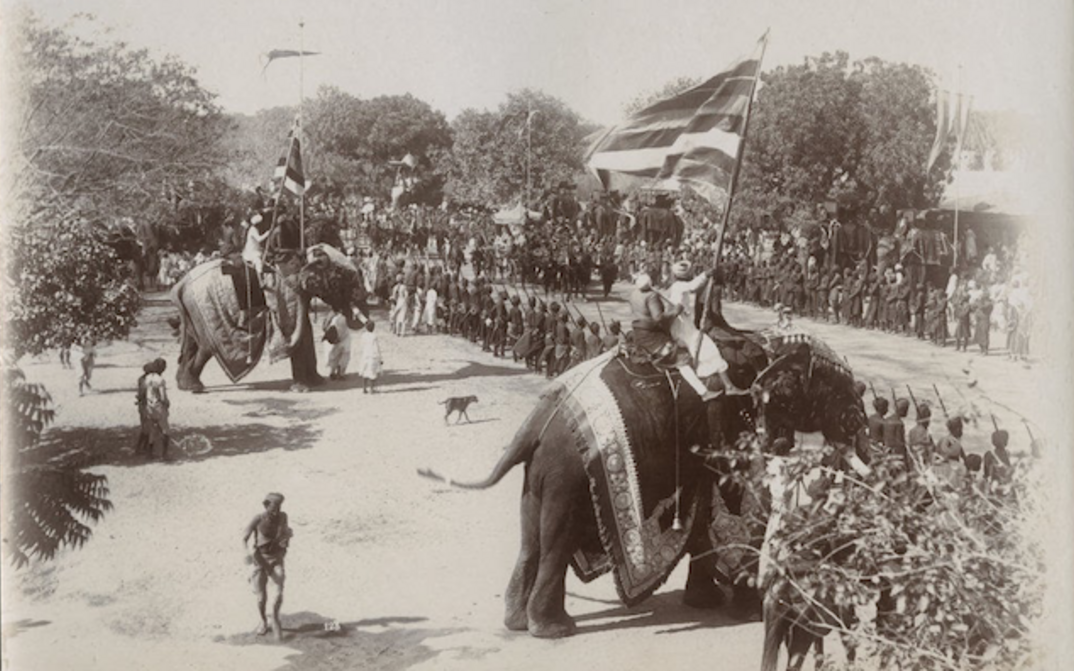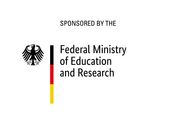Symposium "Accidental Archivism. Shaping Cinema’s Futures with Remnants of the Past"

Fri 09.06.
10:00
Cinema
silent green Kulturquartier
zu dem KalenderFree admission
10.00–10.30: Introduction by Stefanie Schulte Strathaus and Vinzenz Hediger
10.30–11.00: A Non-human Archive
Keynote by Veena Hariharan (Jawaharlal Nehru University), Moderation: Vinzenz Hediger
What constitutes an accidental archive? How can it be contrasted to the ideologically inflected institutional archive? Situating the inquiry within recent shifts in archival reading practices, this presentation looks at the presence of the non-human within the accidental archive.
11.00–12.15: New Cinephilias: Is Auteurism a Manspreading Machine?
With Girish Shambu, Elena Gorfinkel (King’s College London), Skadi Loist (Filmuniversität Babelsberg KONRAD WOLF), Moderation: Marc Siegel (Johannes Gutenberg-Universität Mainz)
The cinephile canon like the gaze in classical cinema is male. It consists of great works by mostly male directors, and a few cases of “création en couple” (Nicole Brenez) like Godard/Miéville and Straub/ Huillet. Festival programs continue to tell a similar story: Films by women and non-cis male directors continue to be underrepresented. Is auteurism a manspreading machine? What are other modes and models of creating and curating a future cinema?
14.30–15.45: Generating Futures from Projections of the Past: New Archival Spaces and Places of Cinema
With Marinho de Pina (Mediateca Onshore), Tamer El Said (Cimatheque – Alternative Film Centre), Nour Ouayda (Cinematheque Beirut), Moderation: Stefanie Schulte Strathaus
When documentary filmmaker Atteyat Al-Abnoudy wanted to give her legacy to the recently opened Cimatheque – Alternative Film Centre Cairo, she was told they were running a cinema, not an archive. “But you should,” she replied. She was right: The future of cinema lies in archives. The panel discusses the social and visionary potential of archives, and their capacity to reinvent cinema from the perspective of the unheard and unseen, the marginalized and the forgotten.
16.00–17.15: Was anderes machen (The Home and the Movie). Towards a Library of Images: Thinking TV Archives
With Thomas Schärer (Historiker, Kultur- und Filmwissenschaftler), Burkhard Althoff (Redaktionsleiter ZDF „Das kleine Fernsehspiel“), Tabea Rößner (Journalistin, MdB Die Grünen, Vorsitzende des Digitalausschusses), Concept and Moderation: Vivien Buchhorn, Merle Kröger and Volker Pantenburg
The doors of the ZDF Archive are opening. silent green, in cooperation with the Arsenal, is taking sixty years worth of world cinema and film art from the series “Das Kleine Fernsehspiel” as an opportunity to think about the cultural heritage of television and film for the first time, under the title “Was anderes machen (The Home and the Movie).” It is the right moment to pick up the traces left by the symposium The Right to a Public I (2020) and II (2021) and to lay the groundwork for a “library of images” (Harun Farocki). Future archival practice sees the archive as a space that does not portray history as a dominant narrative, but as a network of historical narratives that produce resonances in each current moment.
17.30–18.45: Trajectories of Restitution
With Victoria Leshchenko (DOK Leipzig), Nikolaus Perneczky, Ravi Vasudevan (Sarai/Centre for the Study of Developing Societies, Delhi), Moderation: Bert Rebhandl
In the current debates about the restitution of stolen and expropriated artworks, from the Benin bronzes to the Parthenon marbles, film has so far only played a marginal role. Yet, films shot in colonies can be described as a form of extraction. Much of the postcolonial film heritage of the Global South is stored in archives in the Global North, where they are inaccessible for audiences, scholars and filmmakers in their areas of origin. This fact poses a significant problem, and a new challenge for restitution policies.
The symposium “Accidental Archivism” was sponsored by the Federal Ministry of Education and Research and by CEDITRAA.

